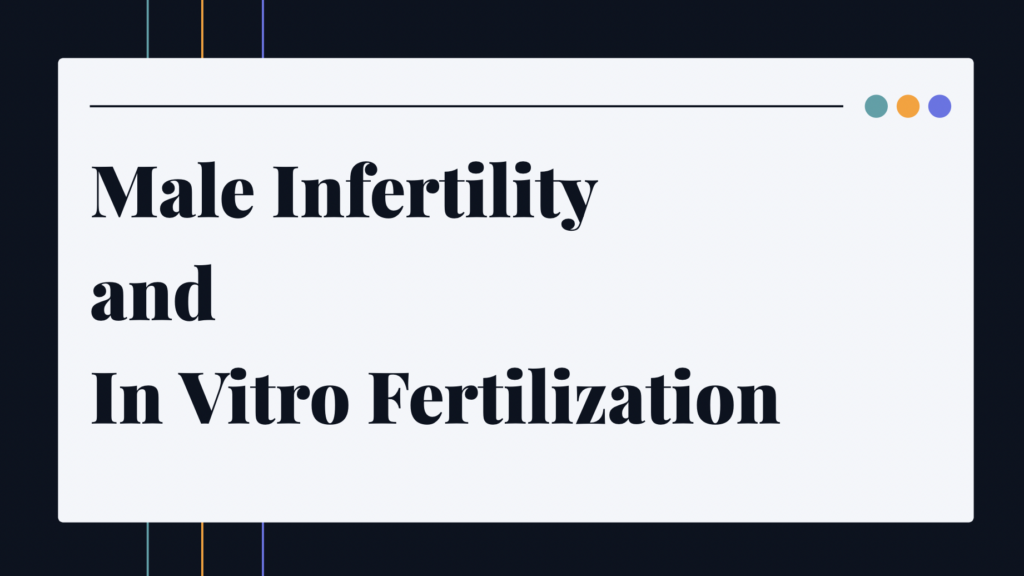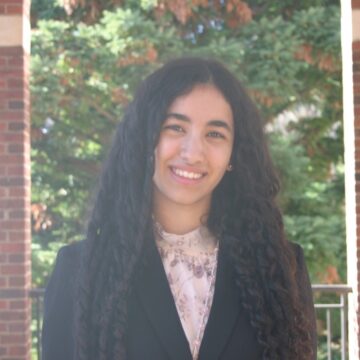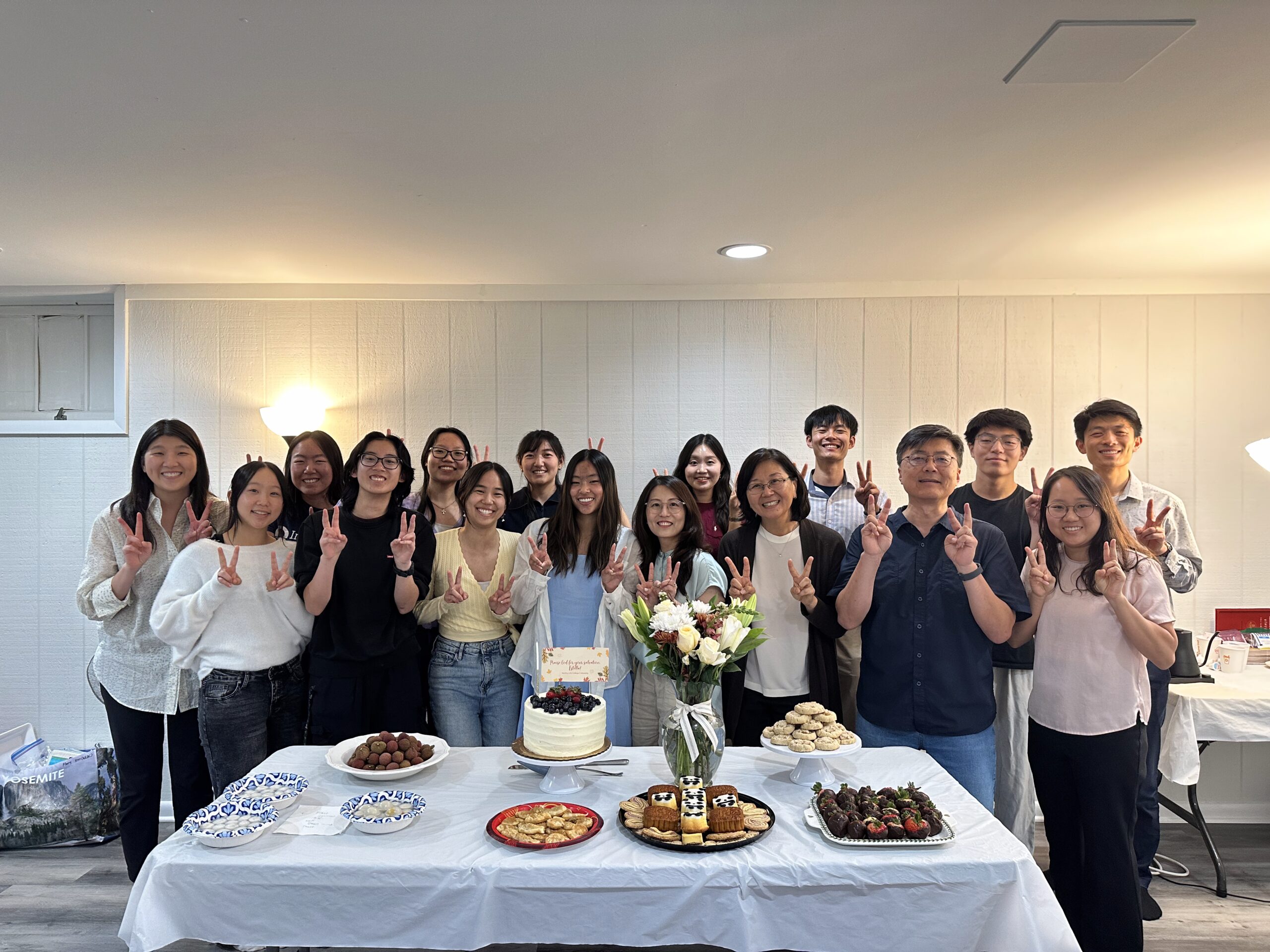
At Hopkins, the First-Year Seminar (FYS) is designed to spark dynamic discussion on diverse subjects in a small-group setting. My First-Year Seminar was Reproduction in the 21st Century: Biology and Politics. Taught by Professor Zirkin, the course focused on emerging technologies and evolving legislation surrounding reproduction. I chose this seminar because I could engage with my interest in reproductive rights from a political and biological standpoint. As an international studies major, I was particularly intrigued by the chance to understand the science behind genetic technology. I had studied the birth control pill in biology class back in ninth grade and always wanted to learn more about reproductive biology.
In class, Professor Zirkin would often begin with a lecture on a particular reproductive technology, whether that was birth control, in vitro fertilization, or intracytoplasmic sperm injection. After his explanation, he would open the floor for the class to discuss issues he would pose regarding the technology he covered. For example, we debated the ethics behind the disposal of embryos. Although we covered the more obvious subjects like abortion, Professor Zirkin exposed me to questions I hadn’t even thought of. Before this course, I would have never considered why male contraceptives weren’t available. Despite not fully grasping the science behind it, I was mind-blown by the current clinical trials on male contraceptives that included one in gel form.
The absolute highlight of the course was when Professor Zirkin brought in his son, former member of the Maryland Senate, Robert Zirkin, to speak to us about the legislative perspective on reproductive technology. It was not surprising to hear about the difficulties legislators had with understanding the technology they were being asked to legislate and regulate. Robert Zirkin shared that all it took was one conversation with his father about stem cells for him to become the relative “expert” among the other legislators on the subject. Beyond issues surrounding reproduction, we were also able to debate with him about recent legislation such as the End-of-Life Option Act, which would provide terminally ill patients with medical aid in dying.

The greatest thing about the FYS was the low-stakes environment. As a pass-fail class, all the professor expected was active participation, and this gave us a unique opportunity to go beyond our comfort zones. If I was being graded, I don’t think I would have pushed myself to take a course that taught the biological intricacies behind the development of male contraceptives. The diverse students coming from all different majors allowed for even more fruitful discussions. I really enjoyed that the FYS gave us the time and space to talk. It allowed me to get comfortable with a small group setting with my peers and my professor, which were helpful for when I was in TA sections and office hours. Overall, I found my FYS to be a great eye-opening experience. First-Year Seminars are the opening for every Hopkins student to choose a subject they have always wanted to study but never had a chance to. I highly recommend everyone step outside their academic comfort zone when choosing a topic to sign up for!




